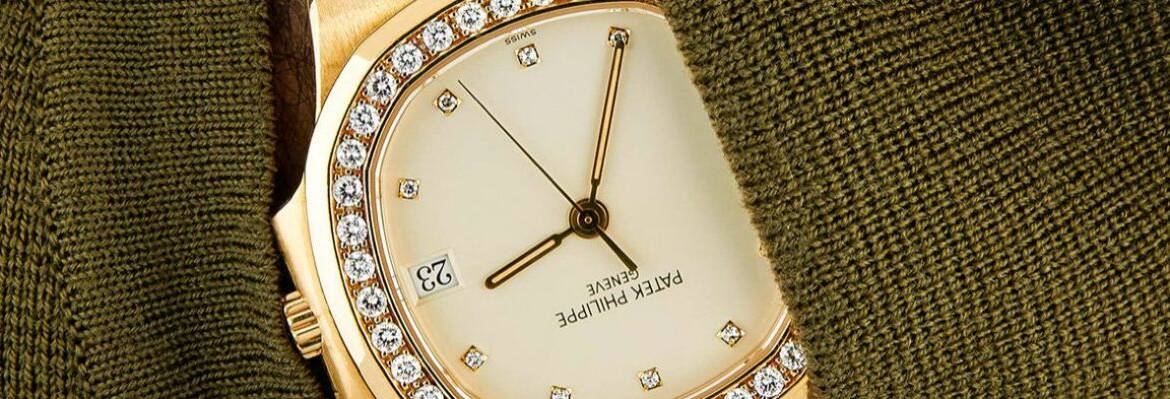How To Choose The Right Luxury Watch Brand
Purchasing a luxury watch means various things to different people. For many, making such a purchase is the ultimate expression. A luxury watch for them represents a significant investment of value in design, quality, function, and time. In exchange for their investment, they receive an incredibly well-designed product, put together to give you immense levels of joy for an extended period.
This article covers everything you need to know before entering a store and what to know once you decide to shop around.
Quality
In general, luxury watches that are designed and built under the mechanical and quartz category, are more accurate at time telling. They are also less likely to experience wear, which means you can wear them for longer or sell your watch years after wearing it for an impressive price.
The first and most important trait you must look out for is the quality of the luxury watch you want to purchase. Valuable watch brands are, at their core, built from the purest of materials by only the finest and most skilled artisans. To ensure it meets the luxury standard, the watch must undergo many quality control tests to offer reliable precision and a quality build.
Looks
Regarding luxury and watch utilisation in general, your watch must look the part at all times. The ability of your watch to look the part ensures that others easily notice your watch. Luxury watches designed to look the part are often great conversation starters, which is why when searching for the right model, you must consider aesthetics and how well the watch fits onto your hand.
Aesthetics will depend largely on what you find attractive, so look out for models and brands that match your preferences, as these are the timepieces you’ll feel the most comfortable in.
Longevity
Watches that are regularly cleaned and properly maintained often last longer than models that aren’t. When a luxury watch is well catered for in terms of cleaning and fine-tuning, it can last several decades or not longer.
Researching vintage luxury watches from Christie’s and Philips brands will buttress this. The ability of a luxury watch to stand the test of time and become intimately associated with its owner means it can be passed down effortlessly to future generations, serving as a long-lasting memento, a meaningful family heirloom, or a rite of passage within the family.
Style
Whether it’s for fashion or for telling the time, your watch is something you wear every day; thus, you must opt for a piece that conveys the right message.
For a luxury watch, the quality and build need to convey a sense of self-respect, as this is how others will perceive and treat you. Other messages your luxury watch might convey include an aesthetic appeal, individual taste, dress etiquette, and a suitable display of wealth.
Budget
It doesn’t matter how wealthy you are; deciding to invest in a product must come with some budget. Budgeting for goods purchases means you know how much you’re prepared to spend on a specific product, and you’re not looking to go beyond that.
Before going into a watch shop to look for watches, you need to consider your budget and what you want for the money. Would you want a model with some complication, or would you rather go in for a more prestigious brand that can stand the test of time? The best way to know your options and align them with your budget is to do some online research. Look at the brand’s website, and read about all the options available within your set price range.
Occasion
Do you see yourself wearing this watch every day? Or is it being bought for a specific occasion or purpose?
These are questions you’ll need to ask yourself before you enter any luxury watch shop. Luxury watches are often designed for different uses. There are different models for different environments and settings, so making this consideration is key. A typical example of luxury watches and their function can be seen with world-time function watches. These watch pieces are designed for people travelling or moving across different countries.
Warranty
You cannot know the warranty assigned to a specific luxury watch, but you can ask when you enter looking to invest. Don’t pass up this chance to know more about your potential watch. Luxury watches are different. They all possess different conditions and durations.
Per the industry standard, luxury watches should have a minimum warranty period of two years. Popular brands such as Rolex offer their customers a five-year warranty higher than the industry standard.
Authenticity
It is hard to determine a luxury watch’s authenticity, but it is not impossible. A few clues can help you identify a counterfeit luxury watch from a mile away. The first clue is in the model number. One famous brand, Rolex, has a lot of fake models, each with a model number. As much as possible, memorise or familiarise yourself with the model numbers of all watches you’re interested in, and be sure to verify them while on the hunt.
Another way is to check for colour discrepancies. If there’s one thing every luxury watchmaker is extra particular about, it’s their models’ colouring. Again, familiarise yourself with the colours of your favourite models, enabling you to identify off-colour replicas.
Investing in a luxury watch is a huge decision you must not take lightly. With tons of research and a good eye, you’re most likely to avoid fake replicas and find the best-suited watch for yourself and your future generation. As there are many brands, styles, and designs to choose from, it would be best to take your time and seek further advice to ensure you opt for the best one.

